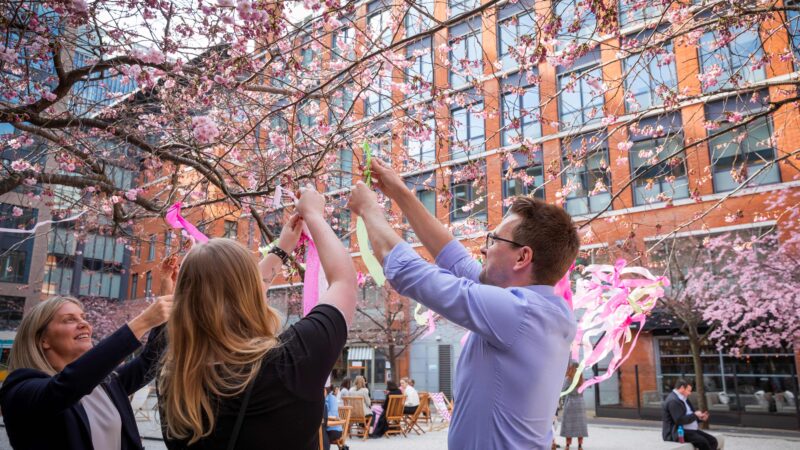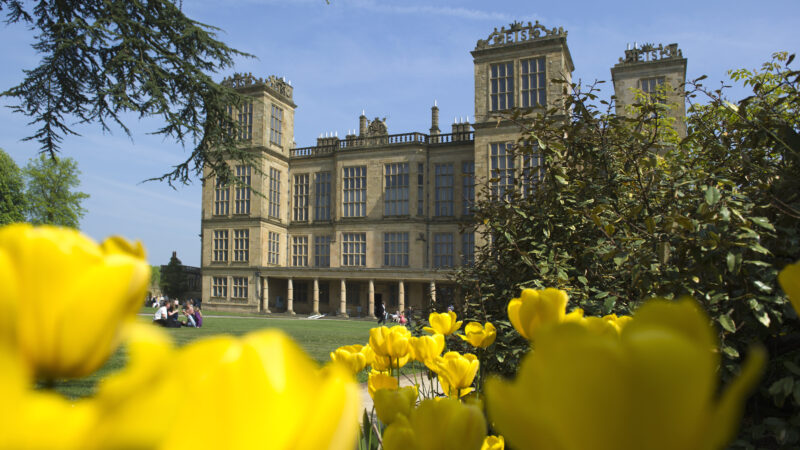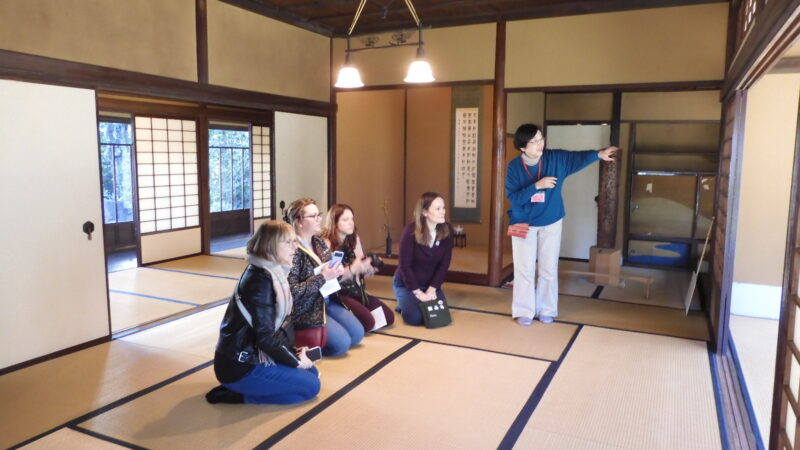
Interpreting a history of enslavement: Global perspectives
INTO’s RISE programme is now well underway, bringing together INTO member sites and staff with a shared professional interest in the history of enslavement. In 2022, we’ll be stepping up those collaborations as we move towards in-person meetings at INTO Dundee 2022 and PastForward.
Already, we are witnessing fantastic new conversations taking place between leaders of heritage organisations.
Across the Caribbean, North America, West Africa and the UK, heritage leaders have expressed uncertainty on how to talk about the story of enslavement from an international perspective. RISE looks to address this deficit.
The RISE group gives participants the connections and knowledge to meaningfully interpret the history of enslavement for local and international audiences.
In this blog we bring you an insight in to the programme straight from one of our participants – the Bermuda National Trust.
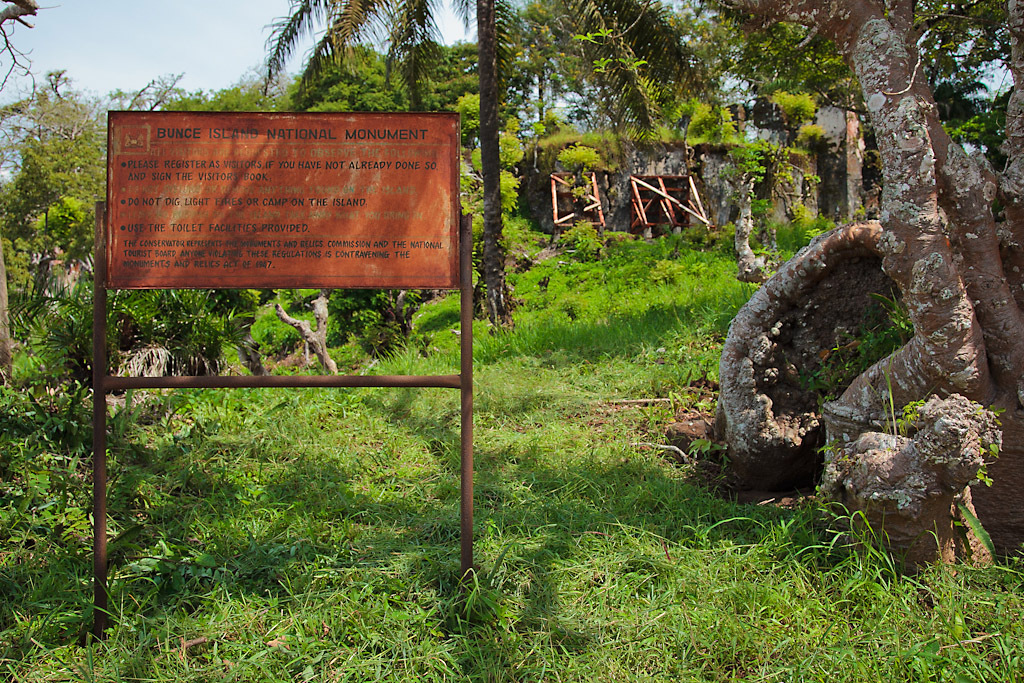
"This work is about treating heritage as an intangible process in which we make conscious choices to combat racism and support community healing, as opposed to perpetuating heritage as fixed, exclusive or traumatising"
Sharing experiences
Dr Charlotte Andrews is Head of Cultural Heritage for Bermuda National Trust (BNT). Bermuda National Trust is committed to reinterpreting the heritage under it’s care related to the enslavement, resistance and empowerment of Black Bermudians and others of African descent.
International learning through RISE plays an important role in that process.
Whilst anchored by physical sites, RISE is about people at its heart, honouring history, promoting inclusivity and leading change.
"This work is about treating heritage as an intangible process in which we make conscious choices to combat racism and support community healing, as opposed to perpetuating heritage as fixed, exclusive or traumatising"
In monthly meetings, discussions have focussed on how to talk about enslavement at historic sites –
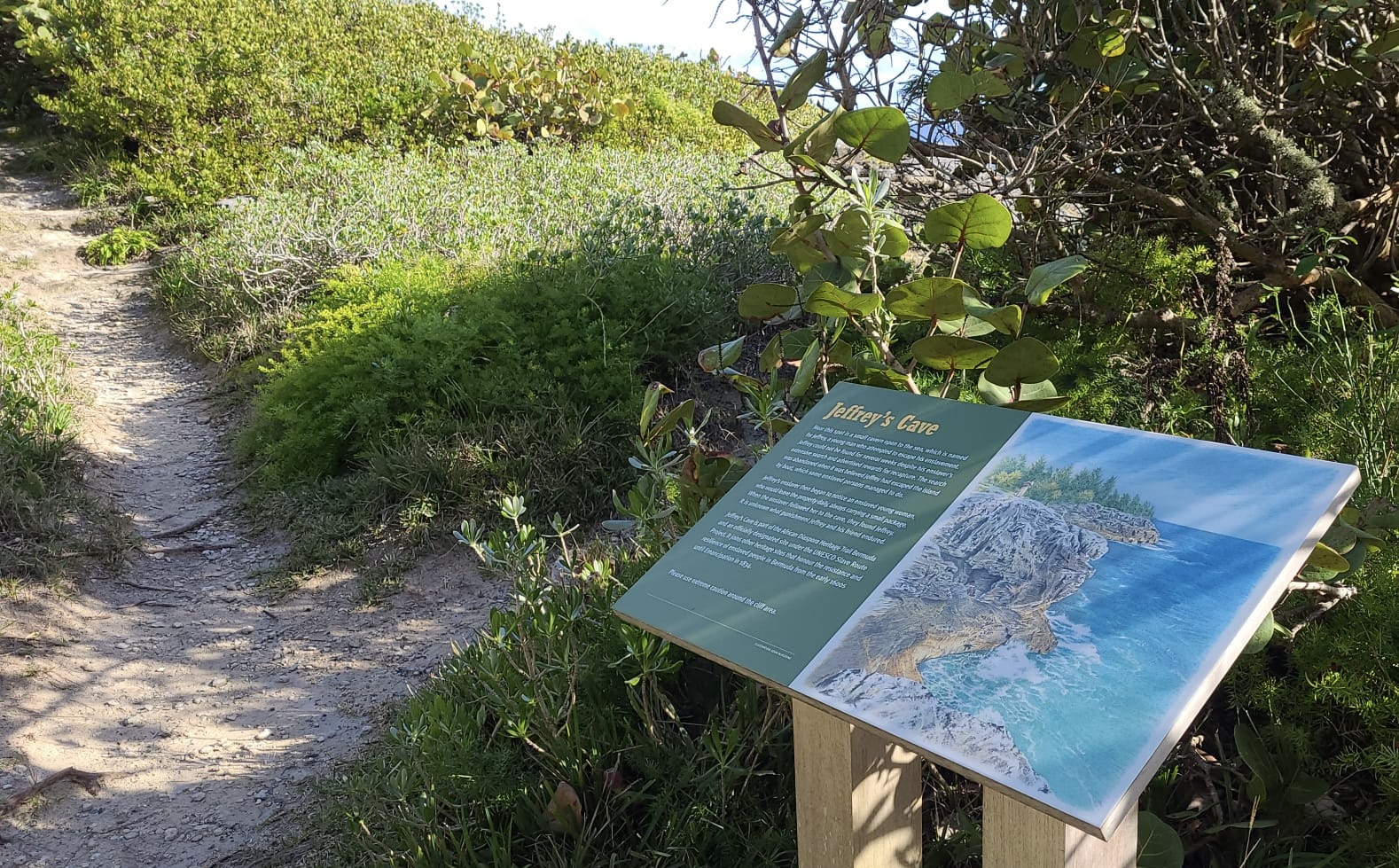
Leading Change
Critically, this learning is already leading to operational changes.
Jeffrey’s Cave—an African Diaspora Heritage Trail and UNESCO Slave Route site at Spittal Pond Nature Reserve—is the first BNT site to be reinterpreted.
Responding to concerns from the public about the original signage, the Trust researched and revised the interpretation in collaboration with RISE and the Bermuda community. Replacement signage is now in place with other sites in consideration for reinterpretation.
For all the latest from RISE, subscribe to our newsletter.
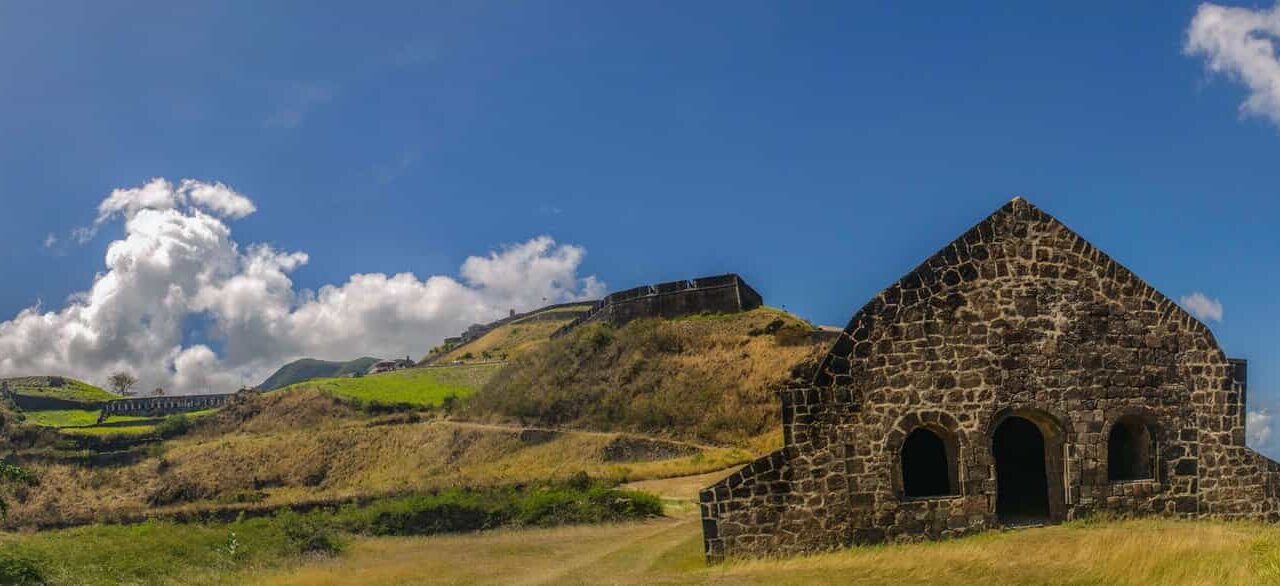
Want to know more about RISE?
Re-imagining International Sites of Enslavement (RISE) is a knowledge-sharing programme that brings together managers of sites around the Atlantic with a connection to the slave trade
Discover moreINTO members participating in RISE
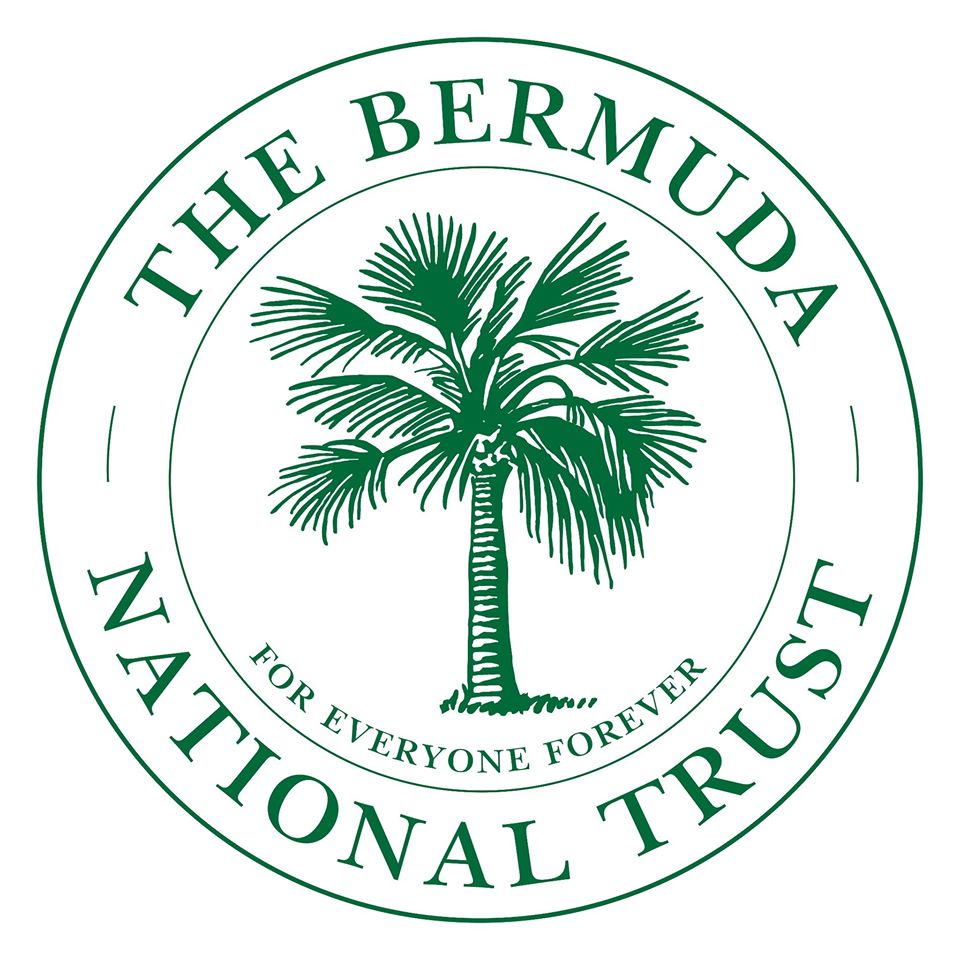
Bermuda

Uganda
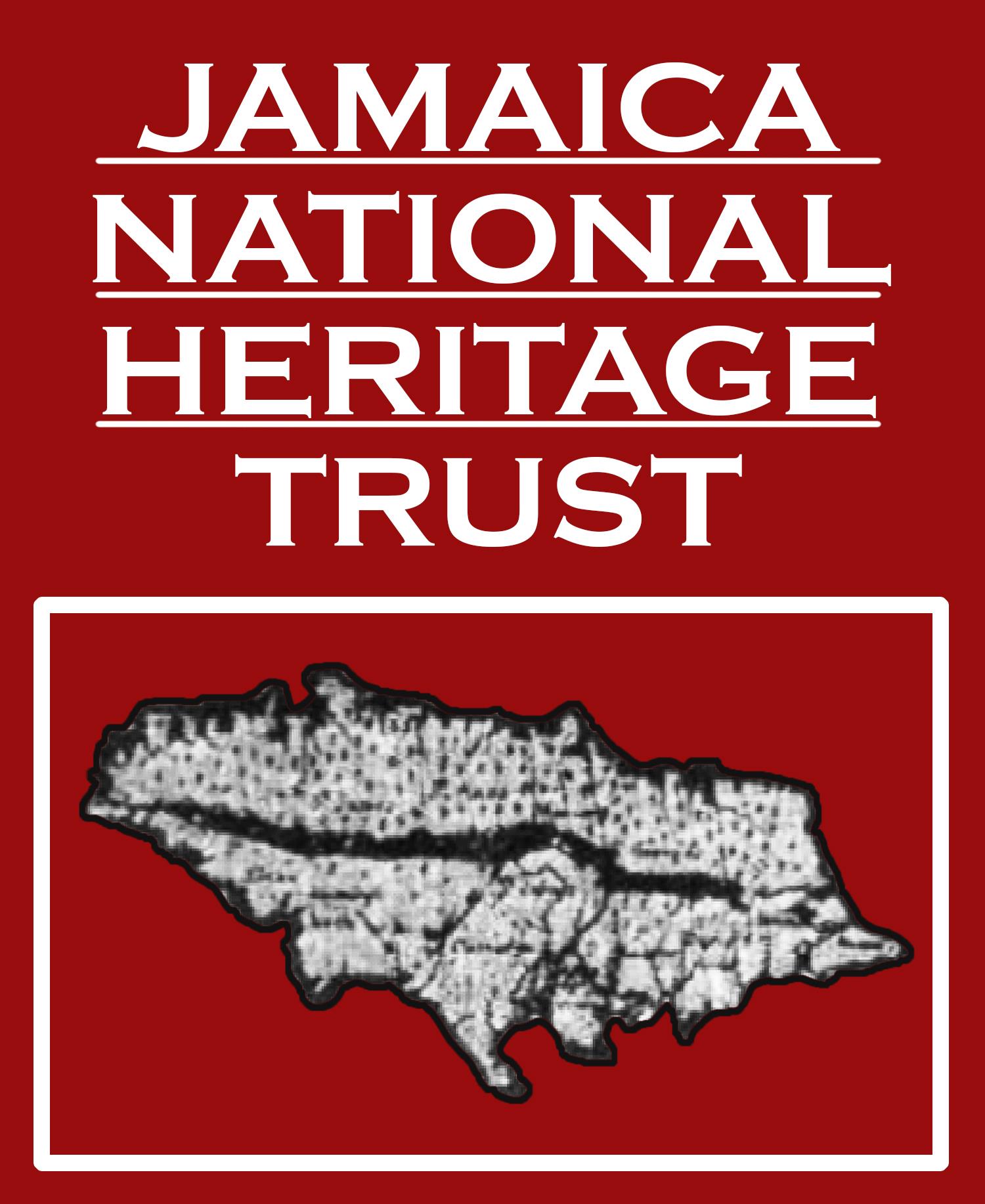
Jamaica
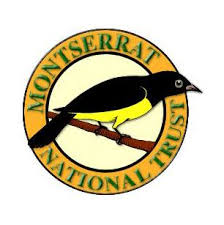
Monserrat
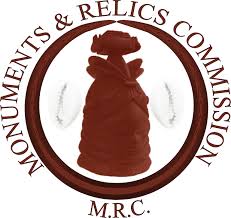
Sierra Leone
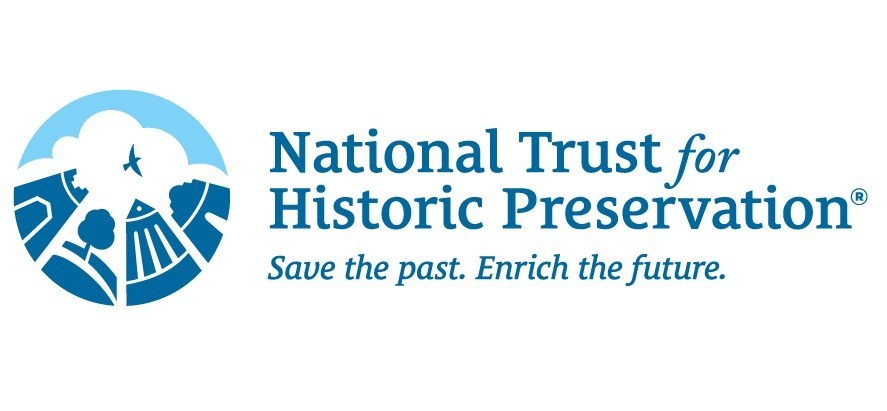
USA

Scotland
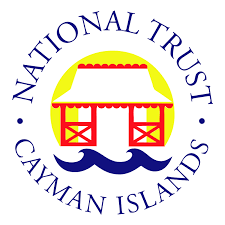
Cayman Islands
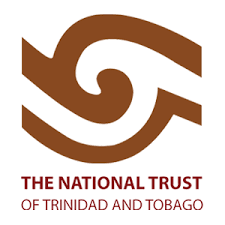
Trinidad and Tobago
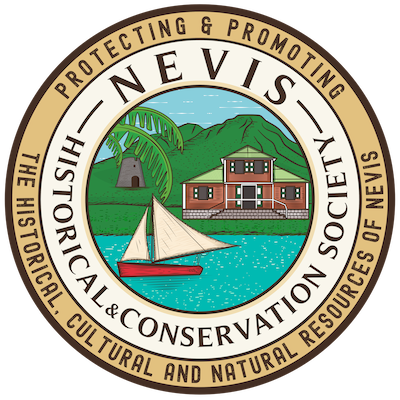
Nevis
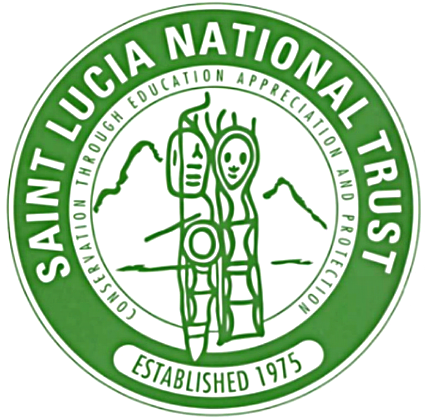
Saint Lucia
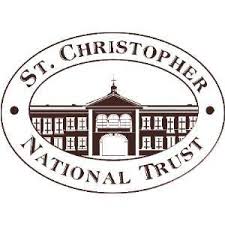
St Kitts & Nevis
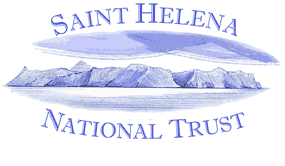
St Helena

UK

USA
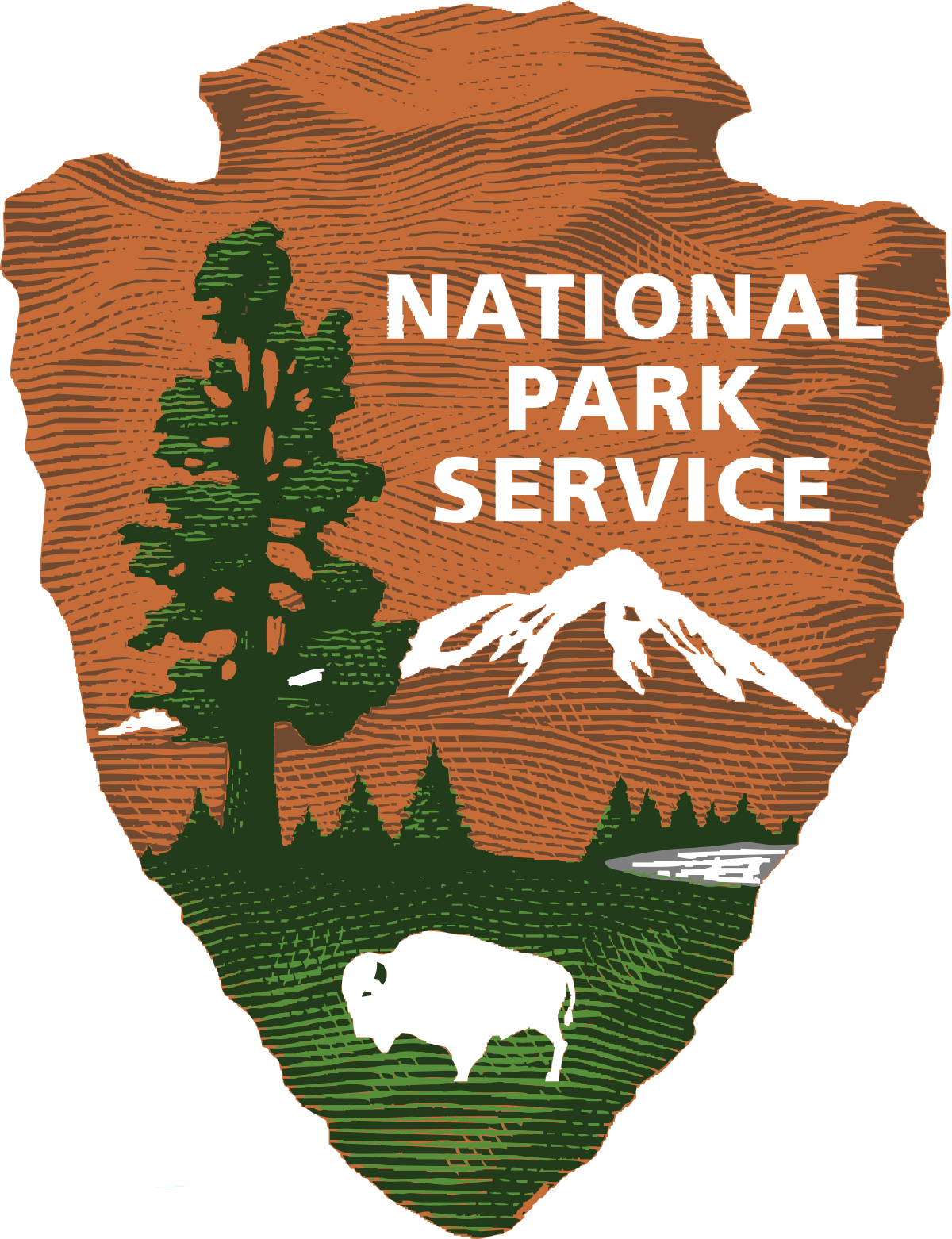
USA
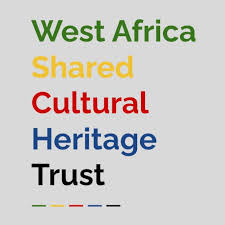
Nigeria

Tanzania
Latest News from INTO

